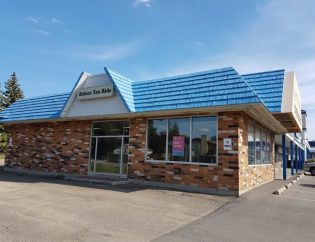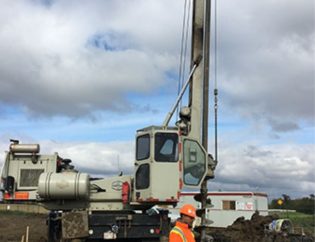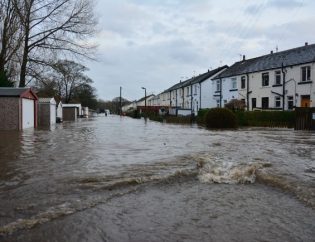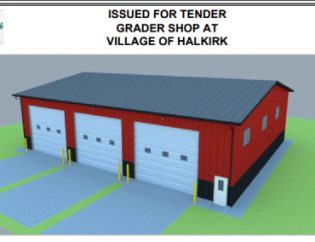The building envelope of a structure is essentially a boundary that separates the inside environment from the outside. In other words, an effective building envelope will act as a protective barrier against penetration from water, wind, frost, noise and extreme temperatures, which makes it one of the most important aspects to the serviceability of a building. In addition, the quality of a building’s exterior can greatly affect its overall appearance and prestige. However, the building envelope is not just a single component, but a combined system consisting of foundations, roof, exterior walls and insulation, doors and windows, ventilations, and other elements that contribute to climate control. All of these components work together to maintain a comfortable condition for the occupants. In other words, the break down of a single part can compromise the effectiveness of the entire envelope. Therefore, in order to ensure that a building envelope continues to serve its purpose, frequent inspections and maintenance must be conducted on all of the contributing assemblies.
After every few years, property owners will request an updated assessment of a building’s exterior in the form of a Building Envelope Study (BES). As its name suggests, the main purpose of a BES is to understand the current conditions of all components included in a building envelope and identify any deficiencies. Multiple site inspections in conjunction with a review of relevant reports and documentations generally make up the scope of such an undertaking. Although the whole process may sound simple, it takes a very experienced inspector to properly discern the conditions of a building component with only visual examinations. In fact, it is often difficult to discern whether an exterior defect is pointing to a more serious underlying issue with the building envelope. For example, a hairline crack on an exterior wall can range from a simple aesthetic flaw to a potential entry point for water seepage. On one hand, the issue can be ignored with no further concerns; while on the other, serious damage can be dealt to the structure itself if immediate repairs are not completed. As such, inspectors with sufficient knowledge and experience in the field of engineering are usually better candidates for conducting an informative Building Envelope Study.

Although every component in a building envelope is crucial, the roof of a building is often the most vulnerable to damage and therefore requires the most attention. The reason is that roofs are constantly exposed to the undesirable climate outside of the building. Rain, snow, hail, and even wind will often come into contact with the roof first, slowly chipping away at its materials in an attempt to penetrate the building envelope. Modern flat roofs in particular are susceptible to water ingress or moss growth if rain and snow water are allowed to accumulate. Consequently, many building envelopes will fail starting at the roof. Even minor defects, if left unrepaired, can lead to serious damages in the long run. In order to preserve your property’s first defence against harsh weather, we would strongly recommend all property owners to schedule yearly roof inspections, especially after severe blizzards or rainstorms. So even if you deem a comprehensive Building Envelope Study to be unnecessary, roof inspections can still provide you a meaningful insight on the current condition of a building envelope at a much lower cost.
At the end of the day, preserving the building envelope is the key to a longer-lasting structure. Building Envelope Studies and roof inspections are both extremely useful tools that can help you gauge the current conditions of your building’s exterior and pinpoint any potential deficiencies. Make sure to follow the advice of inspectors for any required repairs or upgrades to the building envelope. Compared to the high cost of large-scale renovations or replacements, taking preventative actions by providing regular inspections and maintenance can save you a lot more money and hassle.








